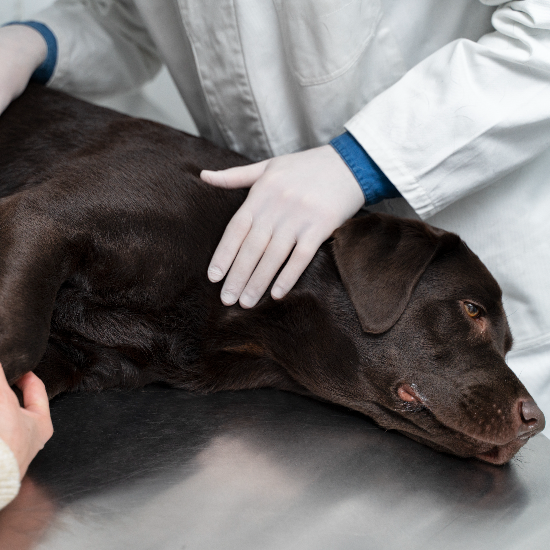Can Cats Get Heartworm?
Queen Creek, United States - September 10, 2025 / Revel Vet /
Queen Creek Vets Explain If Cats Can Get Heartworm and How To Prevent It
Revel Vet in Queen Creek understands that pet owners often wonder whether their feline companions face the same heartworm risks as dogs. The answer to "Can cats get heartworm?" concerns many cat parents who want to protect their beloved pets from serious health threats.
Their local veterinary experts educate pet owners about this important health issue. In this release, Revel Vet will explain all the details that cat owners should know.
Understanding Feline Heartworm Disease in Queen Creek Cats
Yes, cats can absolutely contract heartworm disease, though the condition manifests differently than in dogs. Feline heartworm disease occurs when foot-long parasites establish themselves in a cat's heart, lungs, and associated blood vessels. These dangerous worms cause severe inflammatory responses that can threaten a cat's life even before reaching full maturity.
Unlike dogs, cats serve as atypical hosts for heartworms, meaning most worms don't survive to adulthood in feline bodies. However, even immature worms create significant health problems through a condition called heartworm-associated respiratory disease (HARD).
Mosquito Transmission and Risk Factors in Queen Creek
Mosquito transmission represents the primary way cats contract heartworm disease. The process begins when mosquitoes bite infected animals like dogs, foxes, or coyotes, picking up microscopic larvae called microfilaria. These larvae develop inside the mosquito for 10 to 14 days before becoming capable of infecting new hosts.
When infected mosquitoes bite cats, they deposit infective larvae onto the skin surface. The larvae enter through the mosquito bite wound and begin their development journey inside the cat's body.
Key risk factors for Queen Creek cats include:
Playing outside in areas with high mosquito populations
Exposure to infected wildlife or stray animals
Travel to heartworm-endemic regions
Both indoor and outdoor cats face infection risks, as other pets or humans may potentially track mosquitoes inside.
Recognizing the Symptoms
Respiratory symptoms often provide the first clue to the question," Can cats get heartworm?" Pet owners must watch out for persistent coughing, difficulty breathing, and unusual asthma-like episodes in their feline companion.
Additional warning signs include reduced appetite, lethargy, exercise intolerance, and unexplained weight loss that can't be attributed to other causes.
Seeking Veterinary Diagnosis in Queen Creek
Veterinary diagnosis proves challenging because cats rarely harbor adult female heartworms that standard tests detect. A professional veterinarian in Queen Creek may use multiple diagnostic approaches, including antibody testing, antigen testing, chest X-rays, and ultrasound examinations. These testing methods help identify parasite infections even when symptoms remain subtle.
Unfortunately, no approved treatment exists for feline heartworm disease, making early detection and management crucial for affected cats.
About Revel Vet in Queen Creek
Understanding how cats can get heartworm empowers pet owners to take proactive steps to protect their feline companions from this serious disease. Heartworm prevention through monthly medications offers the most effective protection against parasite infection and associated health complications.
Revel Vet's experienced team provides comprehensive wellness services, including heartworm testing, prevention protocols, and ongoing health monitoring for cats throughout Queen Creek.
Pet owners might worry about their feline friends, thinking, 'Can cats get heartworm?' Those who are looking for a good veterinarian in Queen Creek can contact Revel Vet at (480) 701-8609.

Contact Information:
Revel Vet
24754 S Ellsworth Rd
Queen Creek, AZ 85142
United States
Kris Latson
(480) 701-8609
https://revelvet.com/
Original Source: https://revelvet.com/media-room/#/media-room/article/382793/queen-creek-vet-explains-the-most-common-symptoms-of-ear-infections-in-dogs

